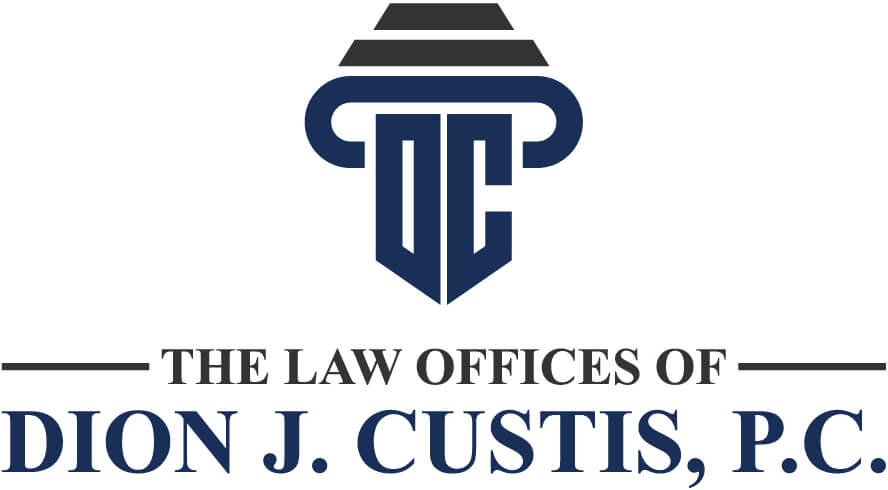What Is the Difference Between Having My Case Dismissed and Getting My Record Expunged or Sealed?
Maybe your criminal case was dismissed. Maybe you avoided conviction through a plea deal or completed a diversion program. Or maybe you’re just trying to move forward with your life and wondering: Can I clear my record?
Understanding the difference between a case dismissal, record sealing, and expungement is essential — especially if you’re looking to apply for a job, secure housing, or restore your reputation.
Let’s break it all down in simple, clear terms. Knowing the difference is more than just a technicality. It’s a vital step in building a fresh start with the help of strategic criminal defense in Colorado.
What Does It Mean to Have Your Case Dismissed?
A dismissal means your case has been thrown out by the court before a conviction occurred. Dismissals can happen for many reasons:
- Lack of evidence
- Witnesses who refuse to testify
- Procedural or constitutional violations
- Successful pretrial motions filed by your attorney
- Participation in and completion of a diversion program
If your case is dismissed, you are not convicted of a crime. But — and this is crucial — the arrest and charge still appear on your criminal record until you take additional legal steps.
That’s where record sealing or expungement comes in. And that’s where a knowledgeable criminal defense in Colorado can help.
What Is Record Sealing in Colorado?
Record sealing is a legal process that hides your criminal record from public view. This includes:
- Arrest records
- Court documents
- Police reports
Once your record is sealed:
- Employers, landlords, and the general public cannot access the sealed case
- You can legally say you’ve never been arrested or charged (with some exceptions)
- The record still exists, but it’s hidden from background checks
Not all charges are eligible for sealing — and timing matters. Some records can be sealed right away, while others require waiting periods ranging from 1 to 10 years.
What Is Expungement in Colorado?
Expungement is different from sealing. While sealing hides your record, expungement destroys it — like it never existed at all.
However, expungement in Colorado is very limited. It’s typically only available in rare cases such as:
- Juvenile records under specific conditions
- Arrests due to mistaken identity
- Certain underage alcohol or marijuana offenses
Most adult criminal records cannot be expunged in Colorado — but many can be sealed. That’s why it’s so important to work with a criminal defense in Colorado to understand what’s possible for your case.
Key Differences: Dismissal vs. Sealing vs. Expungement

Why You Might Still Need a Lawyer After Dismissal
Let’s say your case was dismissed. You’re relieved — and you should be. But if you don’t take the next step, that arrest could still impact:
- Job applications
- Professional licensing
- Apartment rentals
- College or financial aid applications
- Immigration status
A dismissal does not automatically remove the arrest from your record. You need to file a separate petition to seal it.
An attorney focused on criminal defense in Colorado can walk you through that process, file the paperwork, and ensure it’s handled correctly and efficiently.
Real-World Example: A Clean Slate Denied
A young teacher in Colorado was charged with misdemeanor theft after a misunderstanding at a store. The case was dismissed before trial. Years later, while applying for a new teaching position, the school district ran a background check — and found the arrest.
Despite no conviction, she was passed over for the job. It wasn’t until she worked with a defense attorney to seal the record that her name was truly cleared.
Dismissals are great — but they’re not the end of the story unless you make them so.
When Can a Record Be Sealed in Colorado?
The eligibility to seal a record depends on the type of charge and case outcome. Here are a few general guidelines:
Eligible for Immediate Sealing:
- Arrests that did not lead to charges
- Dismissed cases (after a not guilty verdict or dropped charges)
- Completed diversion agreements
- Certain low-level drug convictions (after a waiting period)
Not Eligible for Sealing:
- DUIs and related convictions
- Sexual offenses
- Class 1 or 2 felonies in most cases
- Crimes involving children or vulnerable adults
Your attorney can evaluate your case history and determine whether you qualify — and if not, what steps you can take toward eligibility in the future. That’s the kind of insight only an experienced criminal defense in Colorado can provide.
How Long Does the Sealing Process Take?
The process to seal a criminal record in Colorado usually takes 2–6 months, depending on:
- The type of charge
- Whether a hearing is required
- Court schedules and document review times
The process includes:
- Obtaining and reviewing your criminal record
- Preparing and filing a petition to seal with the proper court
- Notifying the district attorney
- Possibly attending a court hearing
- Receiving a final decision from the judge
Your attorney will handle all of these steps, so you don’t miss any deadlines or make procedural mistakes.
Can Sealed Records Still Be Accessed?
In most situations, sealed records cannot be accessed by employers, landlords, or the public. However, law enforcement, certain state agencies, and courts may still access sealed records under specific conditions.
Also, if you apply for certain professional licenses (like in finance or law enforcement), you may still need to disclose sealed records depending on the licensing board’s rules.
Again, a lawyer practicing criminal defense in Colorado can help you navigate these gray areas and prepare for any required disclosures.
How a Criminal Defense Attorney Can Help
Whether you’ve been arrested, charged, dismissed, or convicted — your journey doesn’t end when the courtroom does. A skilled defense attorney can:
- Help get your case dismissed through negotiations or motions
- Guide you through the record sealing process
- Protect your privacy and reputation
- Make sure your criminal record doesn’t hold you back professionally or personally
With so much at stake, it’s worth investing in a clean slate — and in a legal partner who knows how to get you there.
What to Do Next
Think your case is over? It might not be — until your record is sealed.
- Call today to speak with a Colorado criminal defense attorney
- Find out if you qualify to seal your record
- Let us help you protect your future and move forward with confidence
Meet Dion Custis: A Criminal Defense Lawyer in Colorado Who Knows How to Win
For over 30 years, Dion J. Custis has fought for people just like you — individuals facing criminal charges and unsure of what comes next. Licensed in both Colorado and Wyoming, he’s handled thousands of cases in state and federal courtrooms, including:
- Felony assault charges
- Self-defense claims
- Allegations involving police officers
- Complex, high-stakes trial cases.
You don’t need to know the law. You need a criminal defense lawyer who knows how to use the law to protect you.

What our Client Says about Us
Start Building Your Defense Now — While You Still Have Time
You’ve got one shot to protect your name, your job, your record, and your freedom. Make it count. Don’t Face the System Alone — Schedule a Free Criminal Case Review Today.
